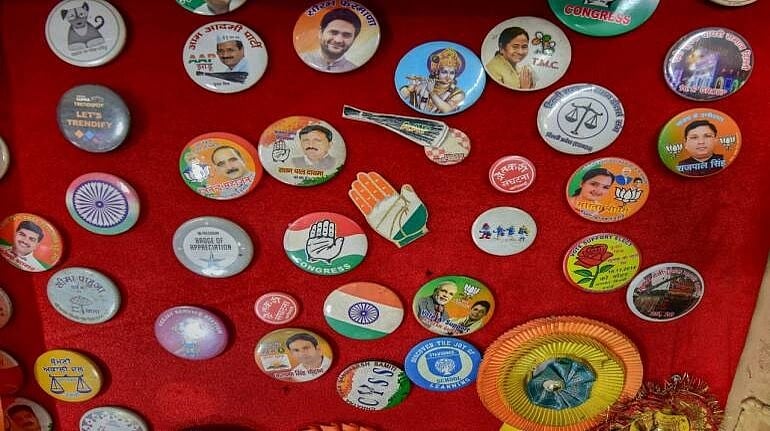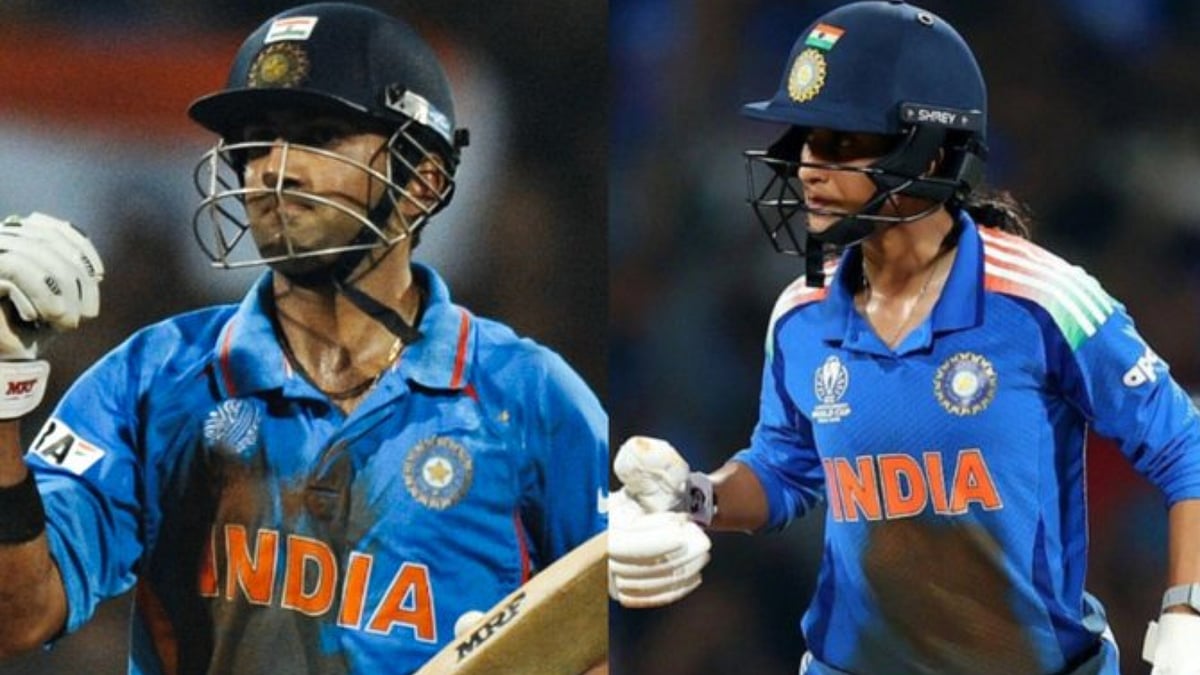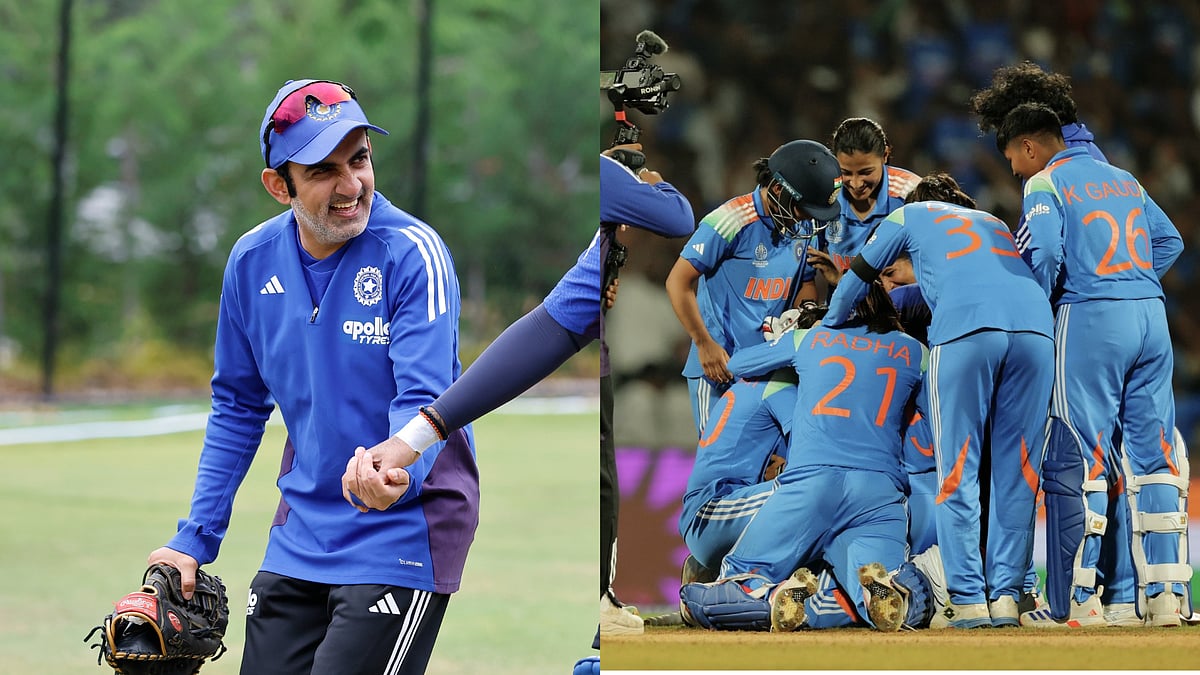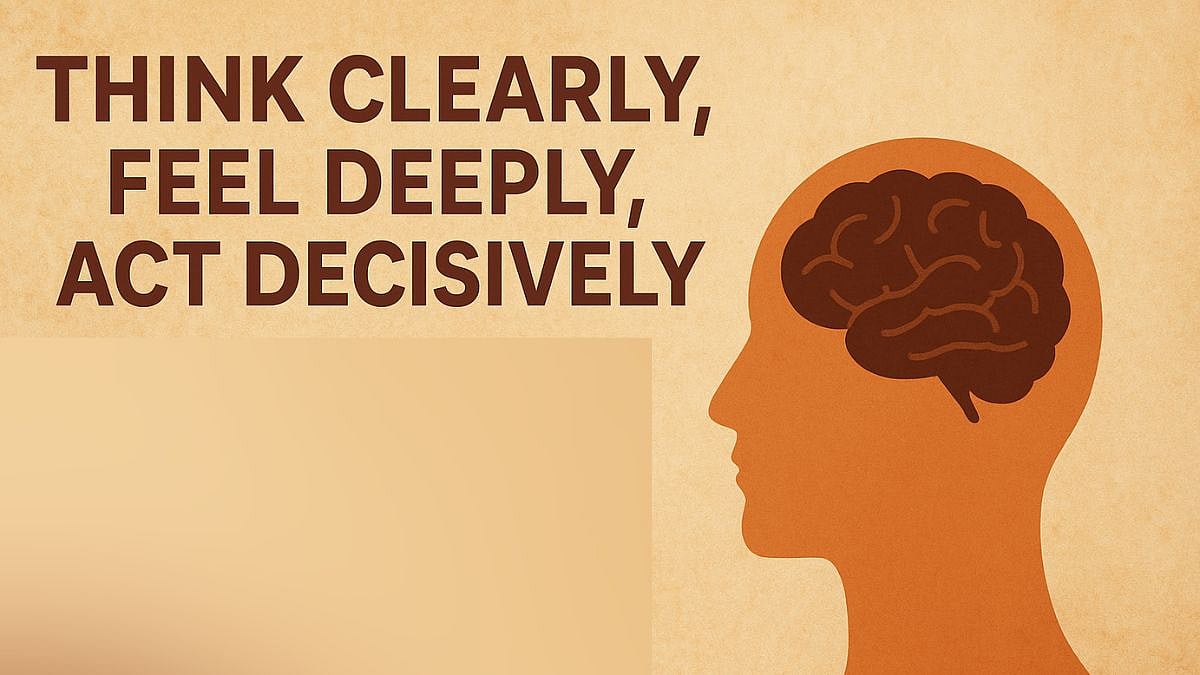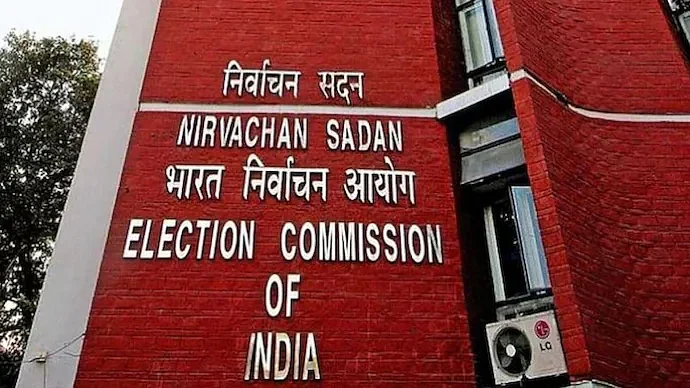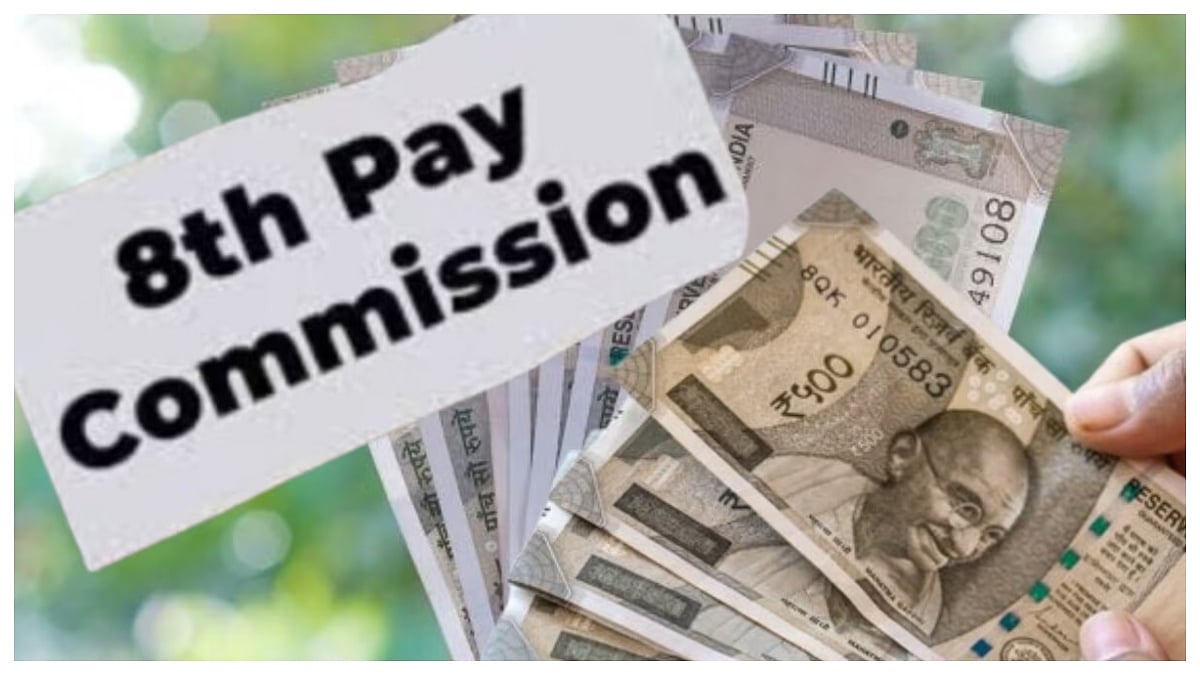The lack of intra-party democracy in Indian political parties has been red-flagged time and again, most recently by a group of Congress leaders. Organisational elections, if at all they are held, are a sham and the selection of candidates is based on criteria other than their capacity or inclination to represent voters' interests. Is there a solution to this endemic problem?
The pre-electoral political circus, known as 'ticket-seeking', is a feature of all parties without exception. Candidates are selected on the basis of money, muscle-power, lineage and/or presentability, all of which add up to that elusive quality termed 'winnability'. Voter connect is a bonus, but not a determinant. As a result, voters willy nilly end up casting a ballot for the party or leader of their choice, rather than the candidate who is their direct representative.
Influential leaders corner a share of the tickets and allot them to their adherents, who then become stooges. Parties therefore function as oligarchies, with a core group of elite leaders deciding matters of policy and who gets what. Chairmanships of parliamentary committees rarely have anything to do with expertise in a particular field; they are handed out like candy. The relationship of patronage between MPs and leaders further undermines the former's capacity to represent voters' interest.
Likewise, when MPs vote on bills, their conscience doesn't come into play – they simply follow the leader. The party whip is exercised to keep members in line and woe betide an MP who speaks his mind in a parliamentary party meeting – his job is to listen and applaud the great leader(s).Thus, hopeful candidates relentlessly pursue people of real or perceived influence, be they politicians, bureaucrats, journalists, judges, businessmen or mafia dons. Some regional parties informally put out a rate list, of the amounts the prospective candidate must contribute to the coffers of the party and/or the hierarchy of leaders in order to secure a ticket. It helps to be a celebrity with pulling power.
Back in 2017, Prime Minister Narendra Modi brought up the lack of intra-party democracy. He was doubtless referring to the Congress, but the BJP, although not a dynastic party, can hardly claim the moral high ground. No party can, not even the AAP, as was obvious in the allocation of Rajya Sabha seats in 2018. Selection of candidates is always a top-down, rather than a bottom-up exercise. The local wing of a party can suggest candidates, but the final verdict is handed down from above.
The phenomenon of 'parachute' politicians is a result of this system. Anybody can get a ticket from anywhere, provided they have access to the powers-that-be and can present proof of 'winnability'. Being a son of the soil is not an essential qualification. So much so for grass-roots representation.
To his everlasting credit, Rahul Gandhi had attempted to introduce a system whereby party workers would vote for candidates and the one with most votes would become the official nominee. First, the candidates would have to fill up a five-page questionnaire testing their knowledge of the constituency. If they passed the initial scrutiny, they could enter the fray for a ticket. An electoral college comprising district workers, right down to the booth level, would elect the candidate. This would make ticket-seekers dependent on the goodwill of party workers on the one hand and on the other, the workers would be able to hold the candidate accountable.
He had proposed the scheme back in January 2014, but like most attempts to reform the Congress, it was a non-starter. Given that Rahul and his entire coterie were selected rather than elected, he lacked the necessary moral force to institute reforms.
The BJP's modus operandi, relying as it does on a well-oiled electoral machinery, makes the candidate even less relevant. The combination of the Modi charisma and embedded, on-the-ground election workers (vistaraks) gave BJP nominees a big headstart in 2019, with the result that even weak candidates who didn't have much of a connect with the organisation, managed creditable wins.
Rahul Gandhi had the right idea at the wrong time. His reforms should have been preceded by a free and fair election of AICC members, who could then have elected a party president. Another possibility is the selection of the candidate by a constituency-level committee of office-bearers, who in turn, are elected by workers. District 'associations' tasked with selection of nominees, along the style of the UK, would make MPs more responsive to the needs, advice and feedback of party workers. Conversely, it would make central leaders (like those who wrote to Sonia Gandhi demanding reforms) less powerful. And therein lies the rub.
The writer is a senior journalist with 35 years of experience in working with major newspapers and magazines. She is now an independent writer and author.
